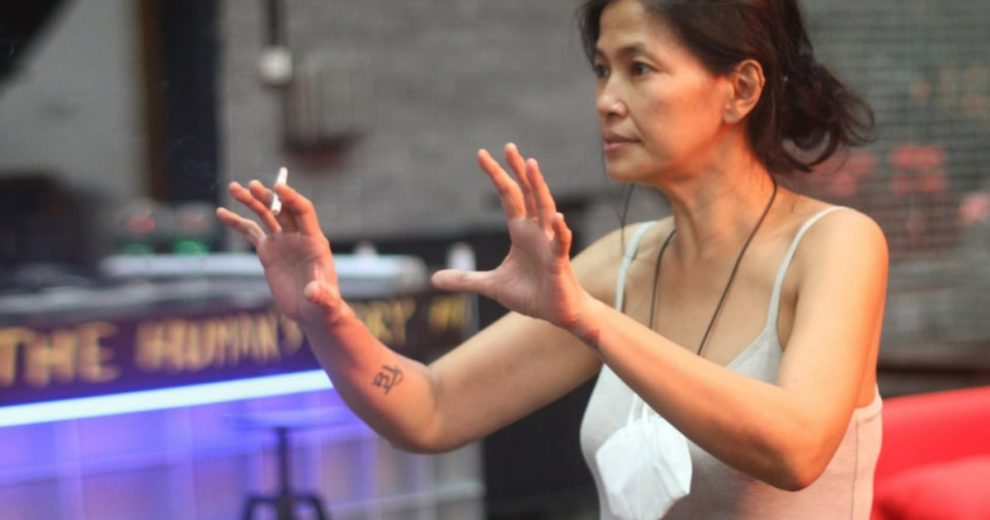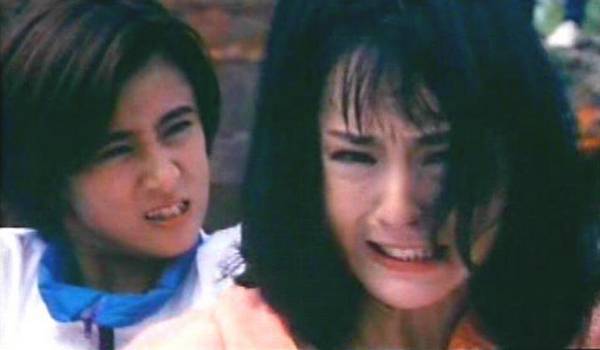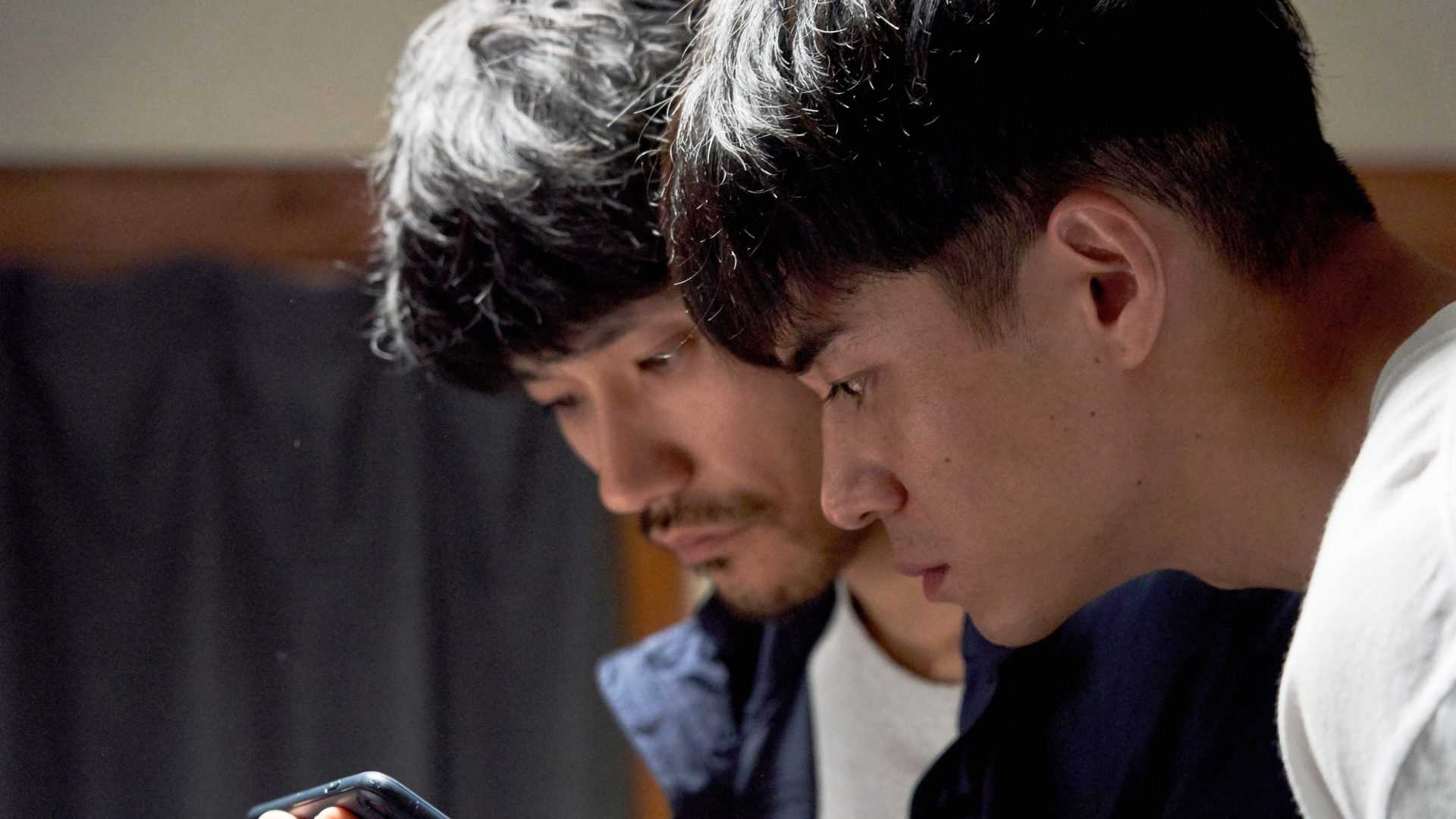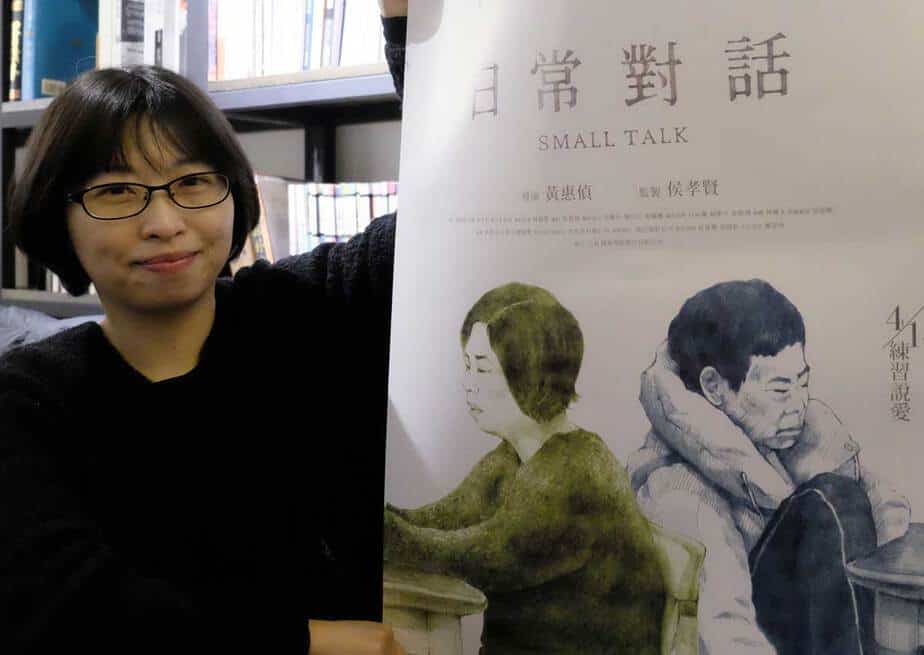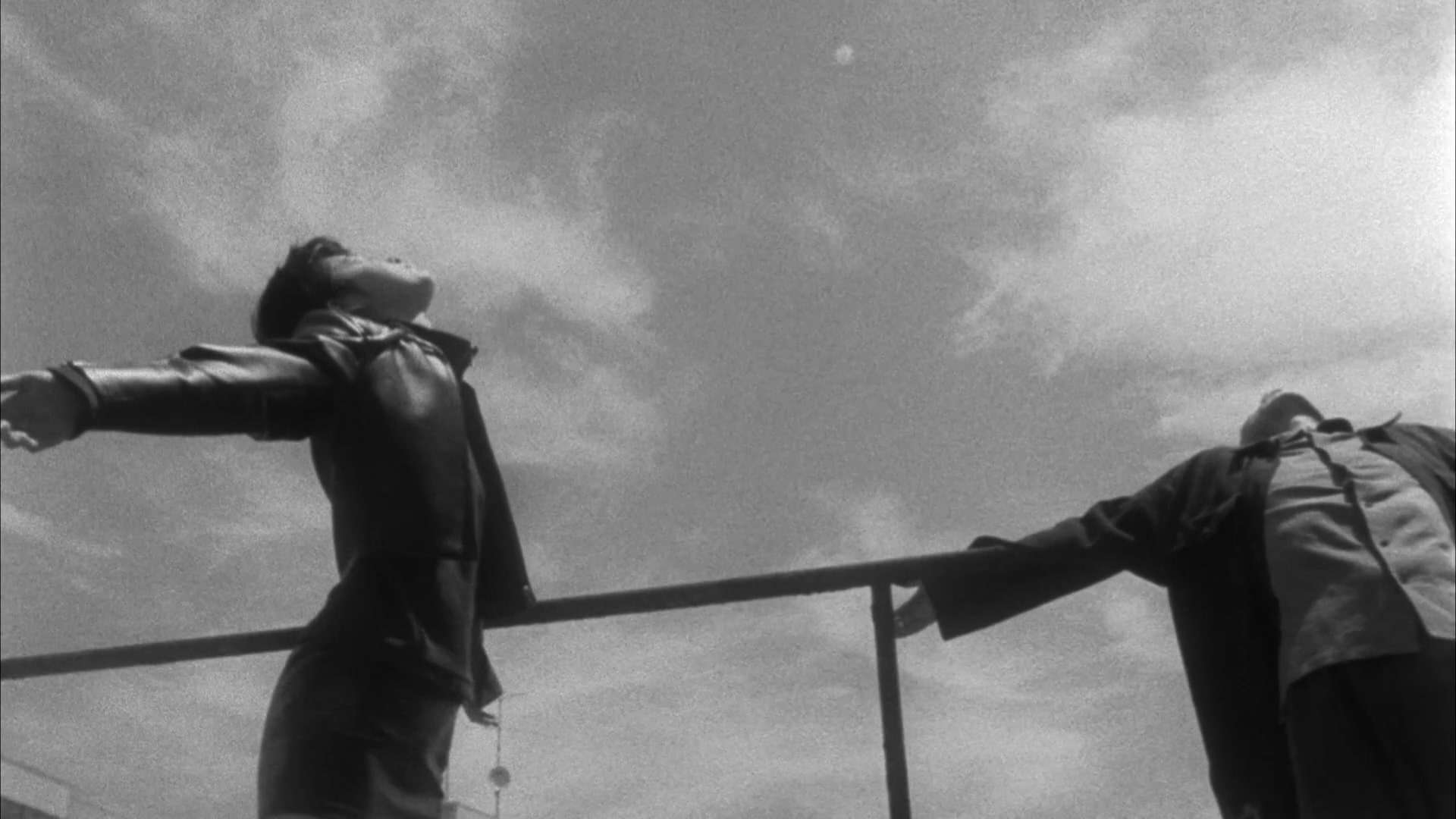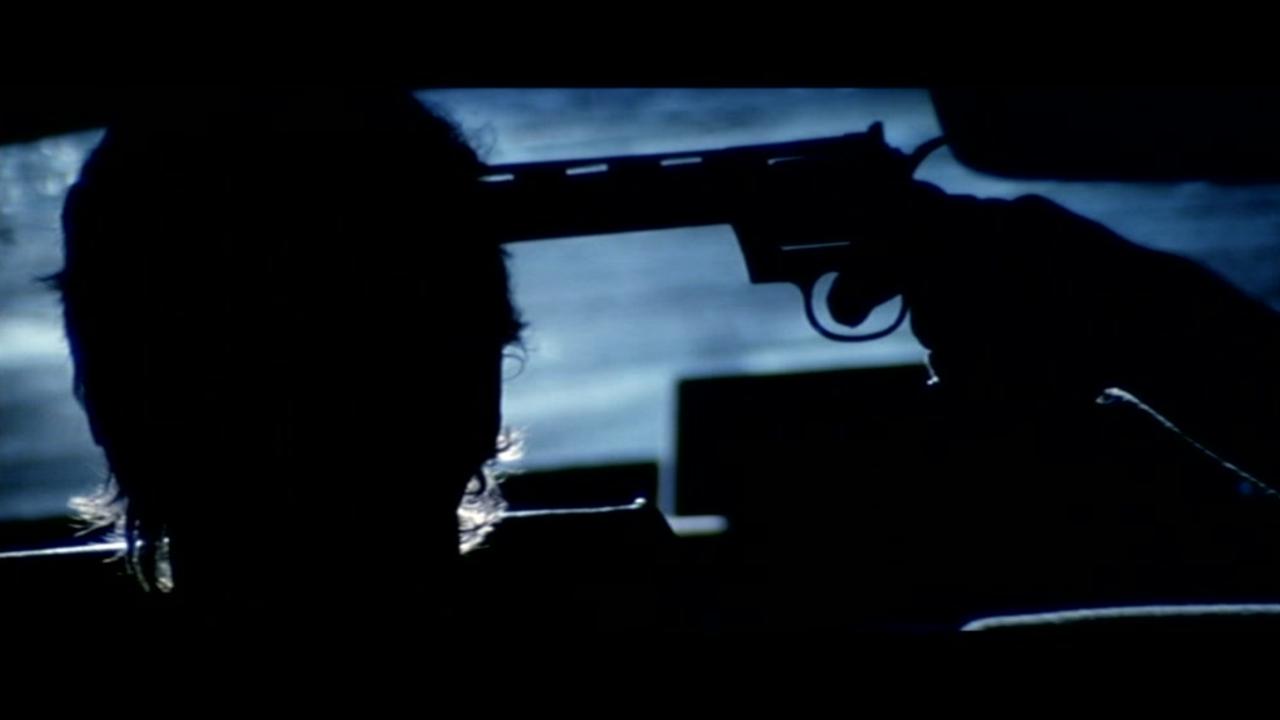Djenar Maesa Ayu (born 14 January 1973) is an Indonesian novelist, short story writer, actress, screenwriter, and filmmaker. Her work has variously been described as “provocative and lurid”, and unique and brave. The daughter of film director Sjumandjaja and actress Tuti Kirana, she began writing while studying at elementary school. After graduation, Ayu worked as a television presenter for a short time before beginning to write professionally. Djenar has published six anthologies of short stories and a novel. Her short story, ‘Suckling Father' became The Best Short Story of Jurnal Perempuan 2003, while ‘Nayla's Time' won the award of Kompas Best Short Story in the same year. She debuted as an actress in 2006 with “The Lost Briefcase”, and since then, she has cooperated with Joko Anwar, Cornelio Sunny and Edwin, among others and has won an award for Best Supporting Actress at Festival Film Bandung 2017. Djenar directed her first film ‘They Say, I'm a Monkey!' (2008) and won the Citra Award for Best Adaptation Scenario category with Indra Herlambang, and a Special Mention for Best New Director at Indonesian Film Festival, 2009. Her third film ‘Nay', won NETPAC Award in JAFF 2015.
On the occasion of her latest short, “Tris”, screening at Osaka Asian Film Festival, we talked with her about her many capacities and collaborations, the concept of gaslighting, the cast and the cinematography of the short, and many other topics.
“Tris” screened at Osaka Asian Film Festival
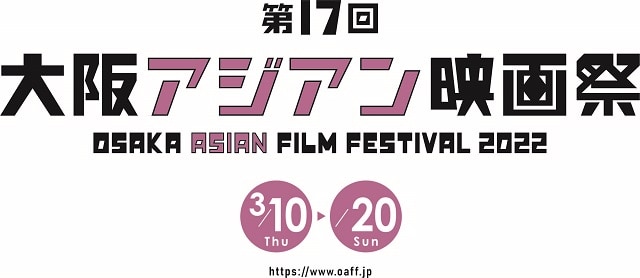
You are an author, actor, director and producer. Any capacity you prefer in particular?
I like them all equally because they all work together to help me learn more as an author, director, producer, and actor.
What are the most major differences between writing a novel and writing a script? Did your authoring of books help when you started writing scripts?
When writing scripts, I have to create a world through images, on the other hand, writing prose requires me to create a world solely through text. Not only does this help me when writing scripts, it also helps me as a director. My mind has been trained to imagine the characters, the atmosphere, which leads me to know what kind of shot I want.
How was your cooperation as an actress with directors Joko Anwar, Cornelio Sunny and Edwin? Have you implemented anything from their way of work in your movies?
When I work, I try to position myself as professionally as possible. So as an actor, I am fully responsible for executing the director's vision and mission. Therefore, so far, I haven't experienced any obstacles. Being self-taught, any roles that I receive have become a learning process for me. Whatever I see, hear, feel, and experience in the field is a form of knowledge. If there's anything I liked, I would apply it into my own film production. On the other hand, if there's anything I didn't like, I would avoid it from happening in my own film
Tris focuses on the concept of gaslighting. Why did you choose this particular topic? Do you think that it is something happening frequently in Indonesian society?
“Tris” is the only film I have directed that I didn't write myself. Initially, I was offered to play the role of the Mother. However, in the end I was offered to direct it. Frankly, the issue of gaslighting is something new to me. “Tris” helped open my horizons about the importance of voicing these types of abuse and mental health issues.
How was your cooperation with Roy Lolang in the cinematography of the film? In general, what was your purpose in the visual aspect of the movie?
This isn't my first time working with Roy Lolang. We often worked together in projects where I was the actor and he was the DOP, then he directed his first film ‘Cinta Bete' where I was cast as one of the characters. So when I offered Roy Lolang to be the DOP for “Tris”, our communication was very well-established already.
Why did you choose to include the psychologist sessions, and why not show the psychologist?
My goal was for the characters to invite the audience to be directly involved. I wanted the audience to feel like the psychologist, who sees, listens, and feels all the character's problems.
How was your cooperation with Reza Rahadian? In general, what was the casting process like for the film?
Reza is one of the best Indonesian actors and I am grateful to be able to work with him. So far, Reza has starred in my films twice. I have the advantage of being a director who also writes scripts, so that as I am writing the script, the casting process has already been done. Every time I write, I can already imagine who will be cast, and their names would already be included in the script
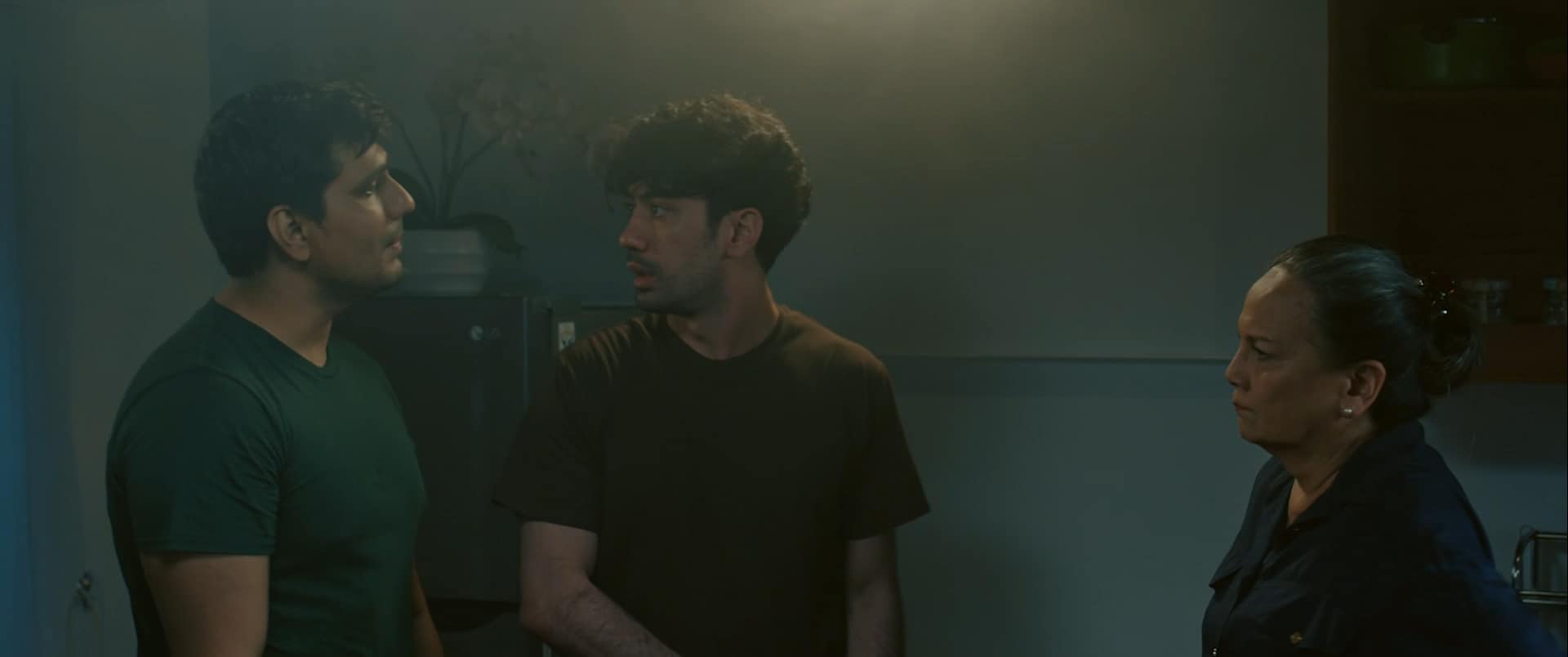
If you could expand the short into a feature, what would you add?
Maybe I will explore further, the ‘whats and whys' of Gio and Mother. Everything has its cause and effect, whether it's genetics or your surroundings.
What is your opinion of the Indonesian movie industry at the moment? Are there enough opportunities for female directors and actresses?
I think the Indonesian film industry is developing really well. It is proven that even in the midst of a pandemic, we are able to create art that resonates both nationally and internationally. Opportunities for women can be said to be quite balanced, although the percentage is still smaller than men.
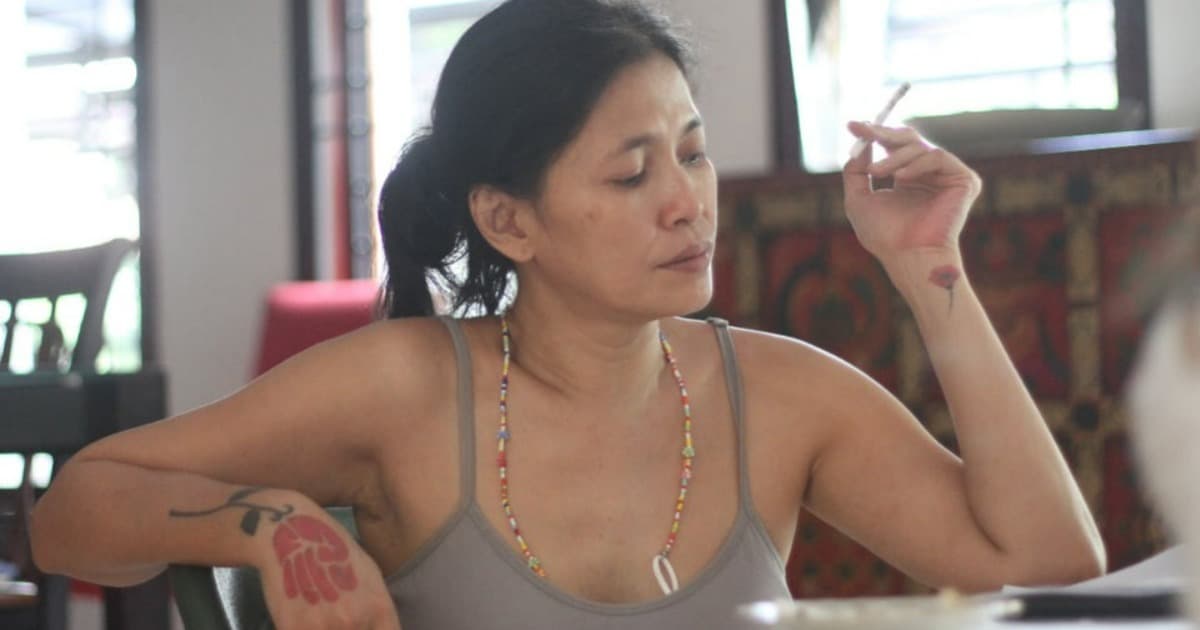
Are you working on anything new at the moment?
I am currently starring in several TV series, and have just finished filming my new film “Touch Me” which is currently entering the post-production stage. “Touch Me” is part of a 3-country omnibus titled “Dream Together”, which consists of “Look at Me” by Ho Yuhang from Indonesia, “Kiss Me” by Kim Tai-sik form South Korea and “Touch Me”.


